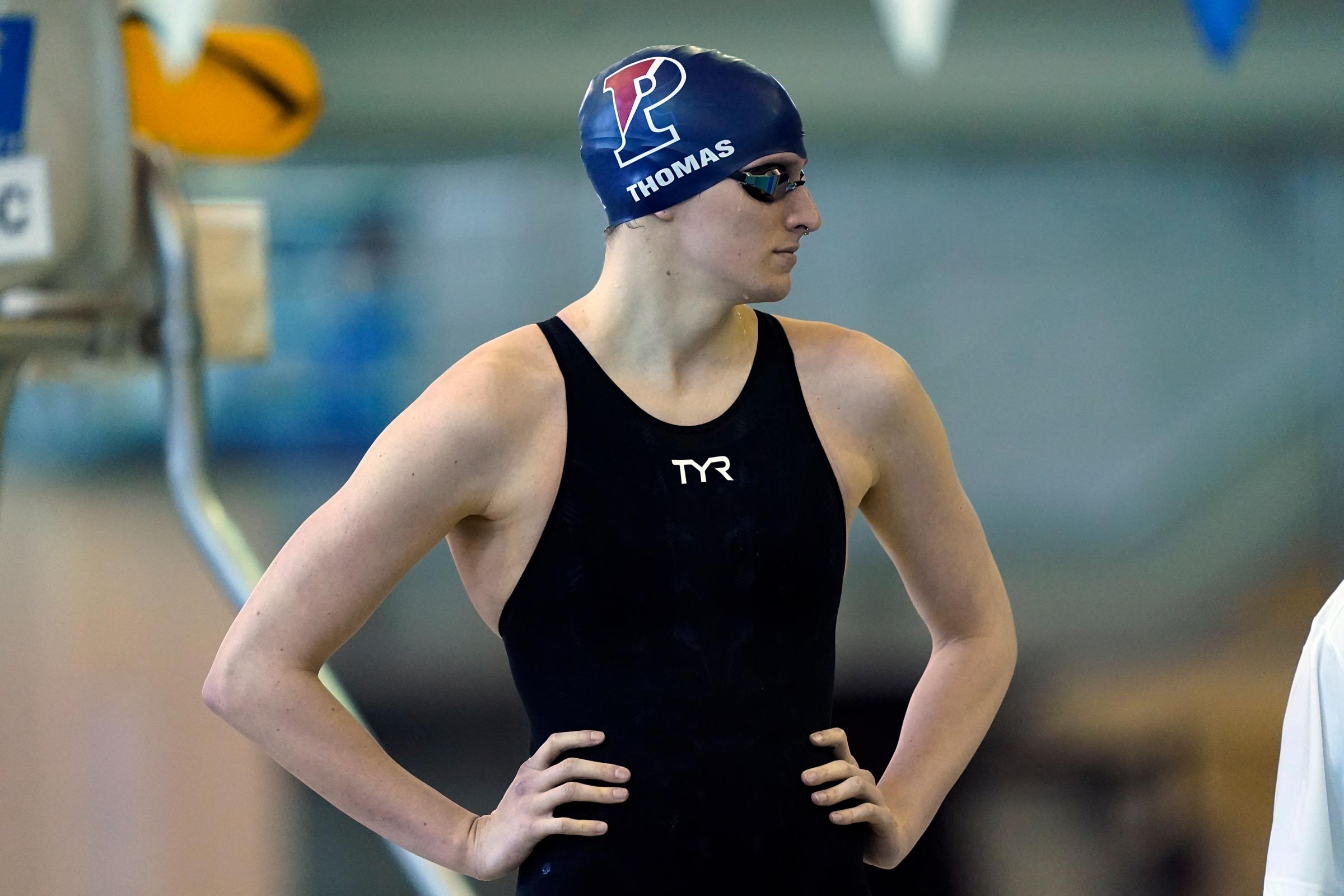
THE decision by swimming’s world governing body FINA to ban transgender athletes from male and female competitions has put other sports’ policies in sharp perspective.
The International Olympic Committee has indicated it will allow each sport to set its own rules with regard to gender inclusion, and would not be drawn on the prospect of introducing a new “open” category at the Games.
Here, the PA news agency sums up the current stances of various international and national governing bodies.
Swimming
FINA announces new policy on gender inclusion 👇https://t.co/tOcoTKz8WK
— FINA (@fina1908) June 19, 2022
The sport’s international governing body FINA has effectively barred transgender athletes from competing in women’s events by deeming them ineligible if they have been through male puberty. FINA has also vowed to form a working group with a view to establishing an “open” category for transgender athletes going forward. The move means Lia Thomas, who in March became the first transgender swimmer to win a major US national college title, is ineligible to compete in the women’s category with immediate effect.
Football
FIFA says it is currently reviewing its gender eligibility regulations, and as such is not in a position to comment on proposed amendments to the existing regulations. The Football Association currently reviews each case on an individual basis, based on what it describes as “hormone-based requirements”. It says its policy with regard to the grass-roots game is being reviewed.
Athletics

World Athletics president Lord Coe has given a strong indication that athletics is prepared to follow swimming’s example of barring transgender athletes from male and female competitions and instead directing them to a new ‘open’ category. The governing body is currently thrashing out a new policy but Coe said “fairness is non-negotiable”.
Cricket
International rules, set by the International Cricket Council, allow male-to-female transgender players to compete in women’s matches provided they sign a declaration that their gender identity is female, and they demonstrate a sufficiently low level of testosterone. At national level, current England and Wales Cricket Board rules prohibit transgender males or people who identify as non-binary from competing in any female-only matches. Both the ICC and ECB are currently reviewing their respective transgender participation policies.
Rugby union
Landmark World Rugby transgender workshop takes important step towards appropriate rugby-specific policy pic.twitter.com/9D1mK3Wr2r
— World Rugby (@WorldRugby) February 28, 2020
World Rugby does not allow trans women to play elite women’s rugby on what it describes as “safety and fairness grounds”. All unions, including the Rugby Football Union, are required to implement this policy at elite level, but they are able to establish their own policies at community level.
Rugby league
The sport’s world governing body, International Rugby League, has banned male-to-female transgender athletes from participating in the sport pending research on its final inclusion policy.
Cycling
Statement from two-time Olympic champion Katie Archibald on transgender athletes in cycling. pic.twitter.com/wl7tJIDzI8
— Ian Parker (@iparkysport) April 20, 2022
Cycling’s governing body, the UCI, toughened its rules on transgender eligibility earlier this month by doubling to 24 months the amount of time before a rider transitioning from male to female can compete. It said it made the ruling in light of “new scientific studies”. British Cycling suspended its transgender and non-binary policy – and effectively the affected athletes – in April pending a full review.
Gymnastics
Gymnastics’ world governing body, FIG, confirmed in a short statement that it has “no specific policies for now” on the inclusion of transgender athletes.







